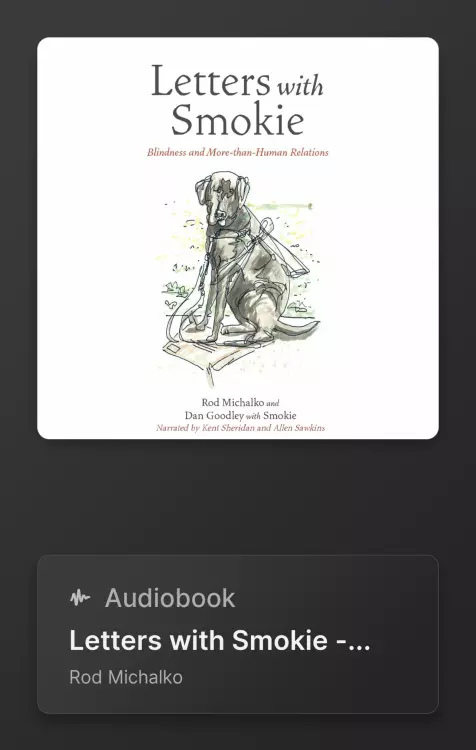
Critical Studies in Native History
Critical Studies in Native History - Book 15 - Life Stages and Native Women
Kim Anderson
Discover the traditional knowledge of Aboriginal women's life stages and health. A hopeful guide by Kim Anderson.
Unabridged
9 hours 42 minutes
Some articles contain affiliate links (marked with an asterisk *). If you click on these links and purchase products, we will receive a small commission at no extra cost to you. Your support helps to keep this site running and to continue creating useful content. Thank you for your support!
From the publisher
A rare and inspiring guide to the health and well-being of Aboriginal women and their communities.
The process of "digging up medicines" - of rediscovering the stories of the past - serves as a powerful healing force in the decolonization and recovery of Aboriginal communities. In Life Stages and Native Women, Kim Anderson shares the teachings of fourteen elders from the Canadian prairies and Ontario to illustrate how different life stages were experienced by Metis, Cree, and Anishinaabe girls and women during the mid-twentieth century. These elders relate stories about their own lives, the experiences of girls and women of their childhood communities, and customs related to pregnancy, birth, post-natal care, infant and child care, puberty rites, gender and age-specific work roles, the distinct roles of post-menopausal women, and women's roles in managing death. Through these teachings, we learn how evolving responsibilities from infancy to adulthood shaped women's identities and place within Indigenous society, and were integral to the health and well-being of their communities. By understanding how healthy communities were created in the past, Anderson explains how this traditional knowledge can be applied toward rebuilding healthy Indigenous communities today.
The process of "digging up medicines" - of rediscovering the stories of the past - serves as a powerful healing force in the decolonization and recovery of Aboriginal communities. In Life Stages and Native Women, Kim Anderson shares the teachings of fourteen elders from the Canadian prairies and Ontario to illustrate how different life stages were experienced by Metis, Cree, and Anishinaabe girls and women during the mid-twentieth century. These elders relate stories about their own lives, the experiences of girls and women of their childhood communities, and customs related to pregnancy, birth, post-natal care, infant and child care, puberty rites, gender and age-specific work roles, the distinct roles of post-menopausal women, and women's roles in managing death. Through these teachings, we learn how evolving responsibilities from infancy to adulthood shaped women's identities and place within Indigenous society, and were integral to the health and well-being of their communities. By understanding how healthy communities were created in the past, Anderson explains how this traditional knowledge can be applied toward rebuilding healthy Indigenous communities today.
Imprint
Genres
Moods
Keywords
Locations
Characters
Release date
12/15/2022
Shortlink
Also included in
University of Manitoba Press
Reviews
No reviews yet
Start by writing your own review.












